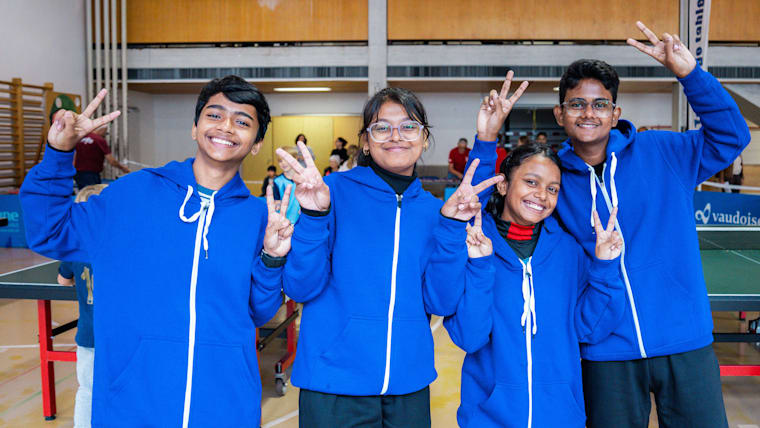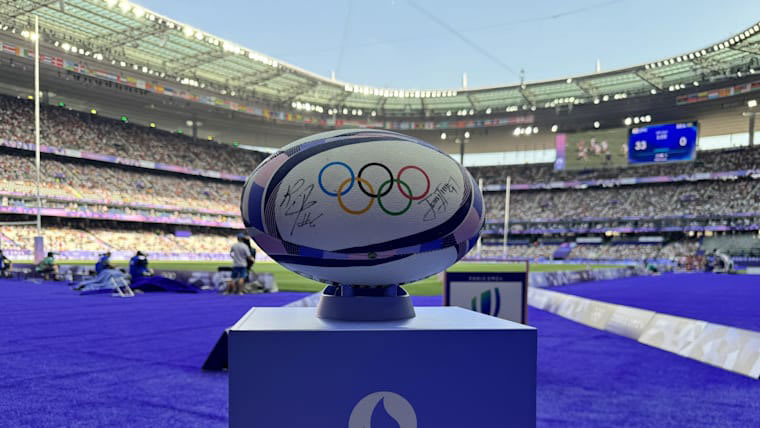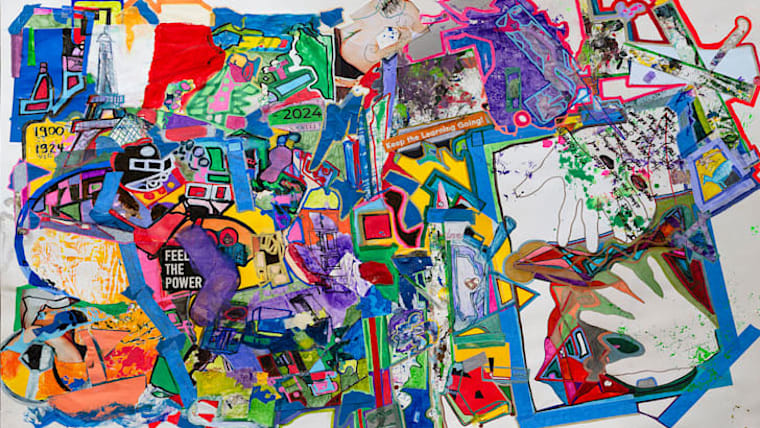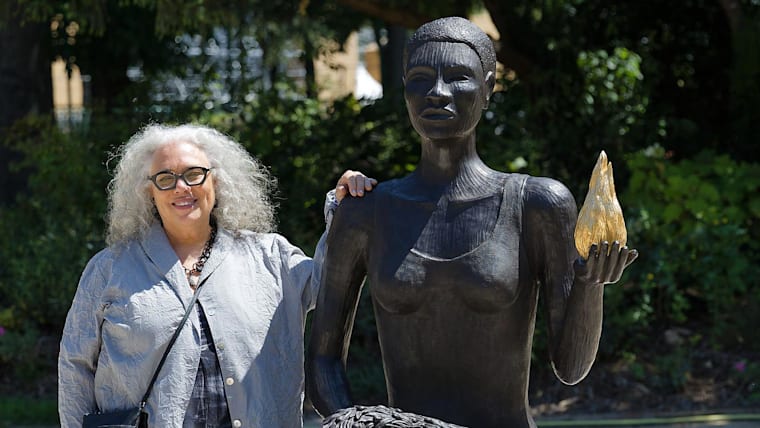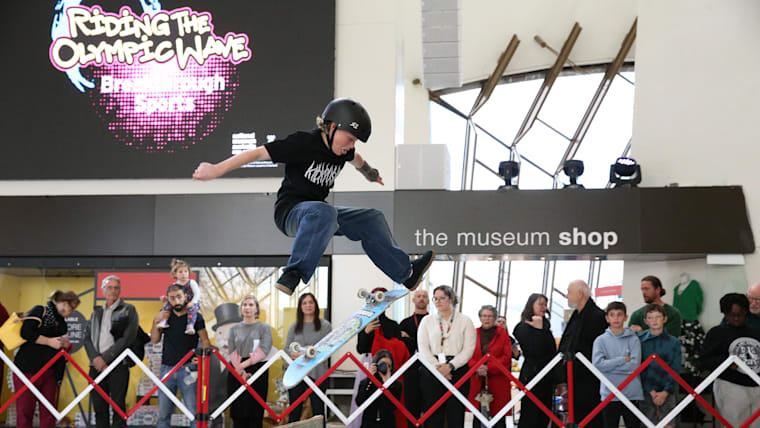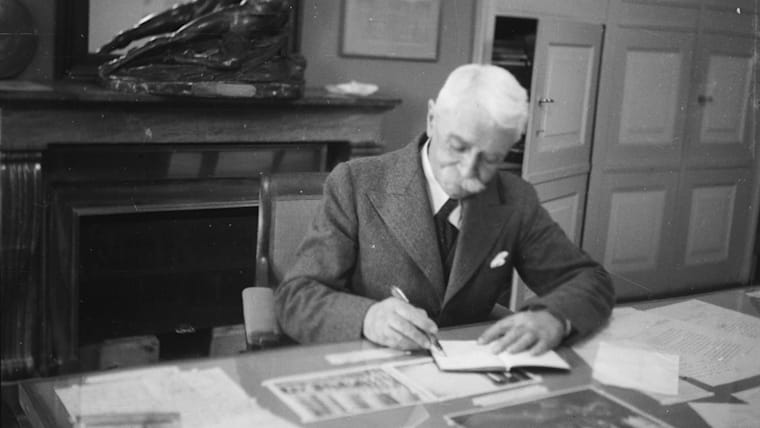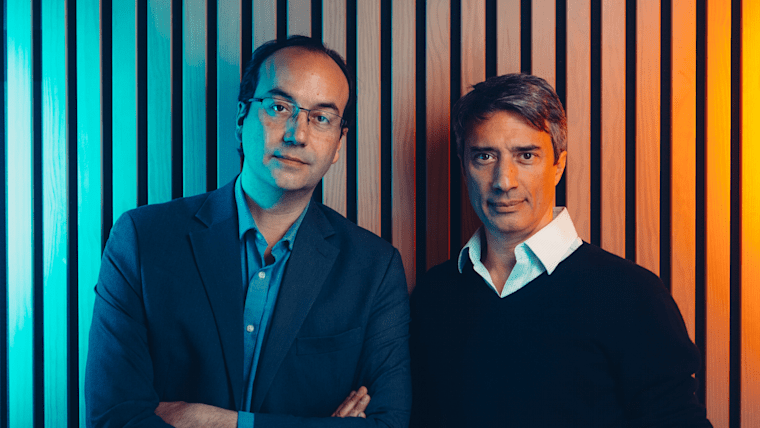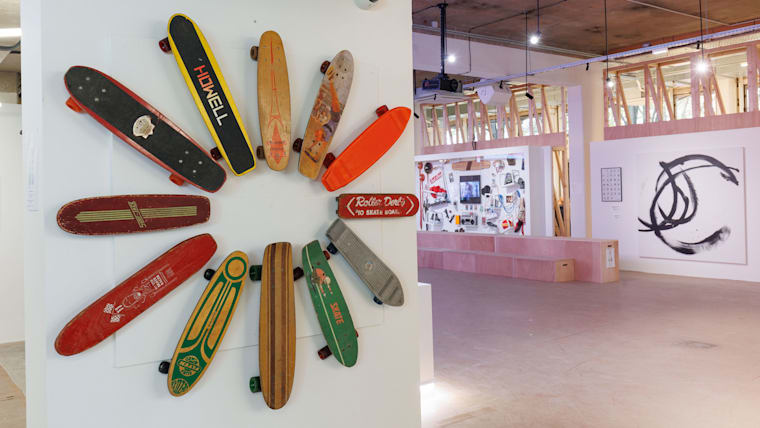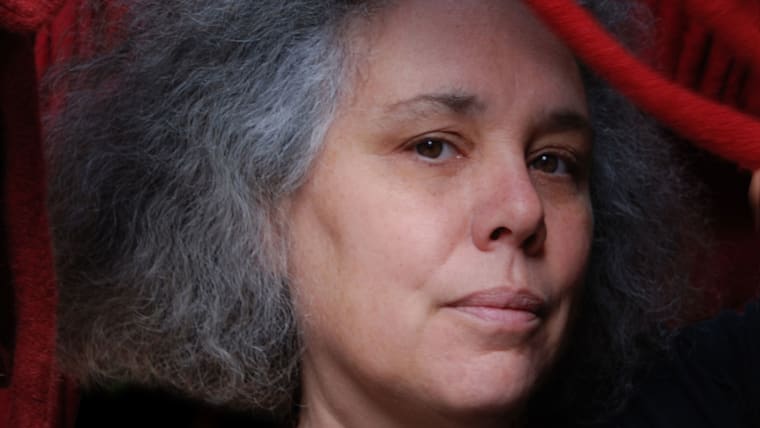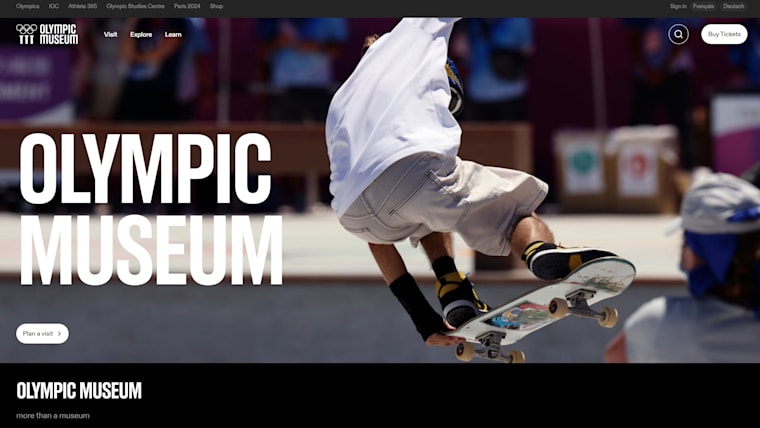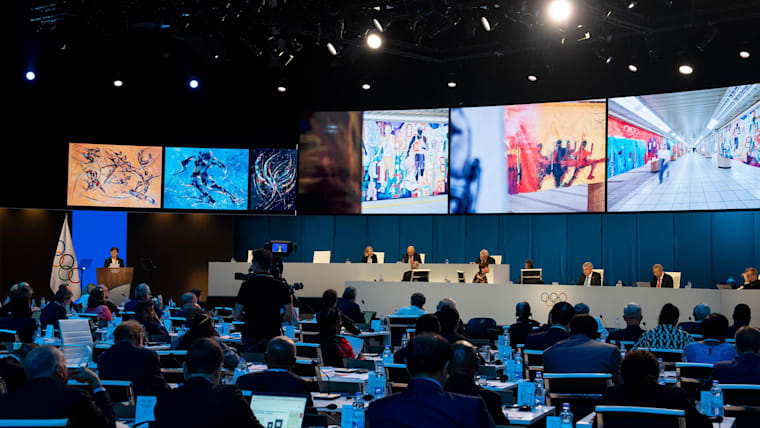Art, Culture and Heritage

Olympism is a philosophy of life, exalting and combining in a balanced whole the qualities of body, will and mind. Blending sport with culture and education, Olympism seeks to create a way of life...
The Olympic Foundation for Culture and Heritage (OFCH) drives the International Olympic Committee (IOC)’s cultural and values-based educational activities. Dedicated to the international promotion and dissemination of Olympism, the OFCH links sport, culture, art, history and education.
The Olympic Foundation for Culture and Heritage includes the IOC Heritage Unit; the IOC Olympic Studies Centre; The Olympic Museum in Lausanne, Switzerland; and the International Cultural Affairs Unit.
Latest News
Art & Culture
Arts and culture have long been part of the Olympic programme. In Ancient Greece, art and sport were considered perfect partners.
The ideal was to achieve harmony by exercising both the body and the mind. With the birth of the modern Olympic Games in 1896, Pierre de Coubertin advocated for a strong alliance “among athletes, artists, and spectators”. At early editions of the Games (1912-1948), art competitions featured in the programme and medals were awarded in architecture, literature, musical composition, painting and sculpture...
Today the IOC, working in close collaboration with a multitude of partners a multitude of cultural players within the Olympic Movement and beyond, leads or supports the production of arts and culture programmes of during Games time and between the editions of the Games.
Olympic Heritage Collections
The IOC’s patrimonial collections are managed by the Heritage Unit of the Olympic Foundation for Culture and Heritage. This includes the acquisition, preservation, restoration, documentation, study and securing the availability (for internal and external partners) of more than 90,000 artefacts, 900,000 photographs, 58,000 hours of videos, 8,900 hours of sound documents and 1.5km of historical archives.
